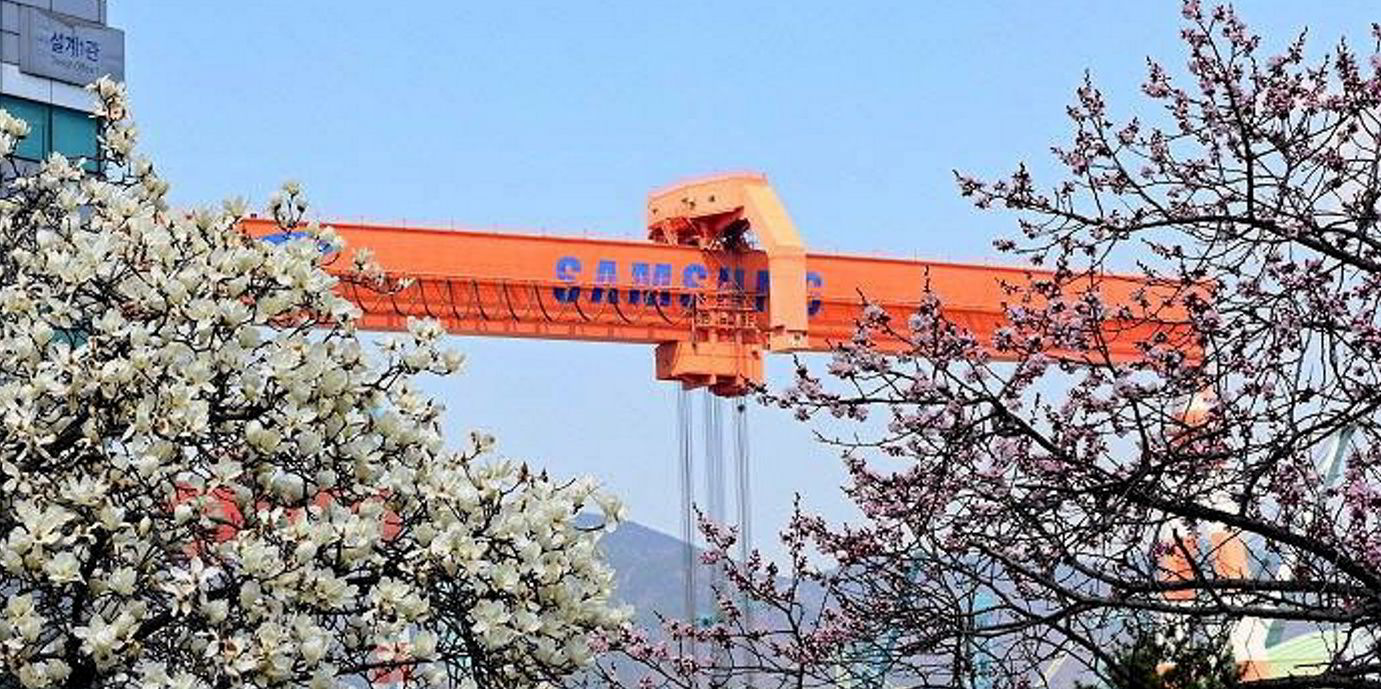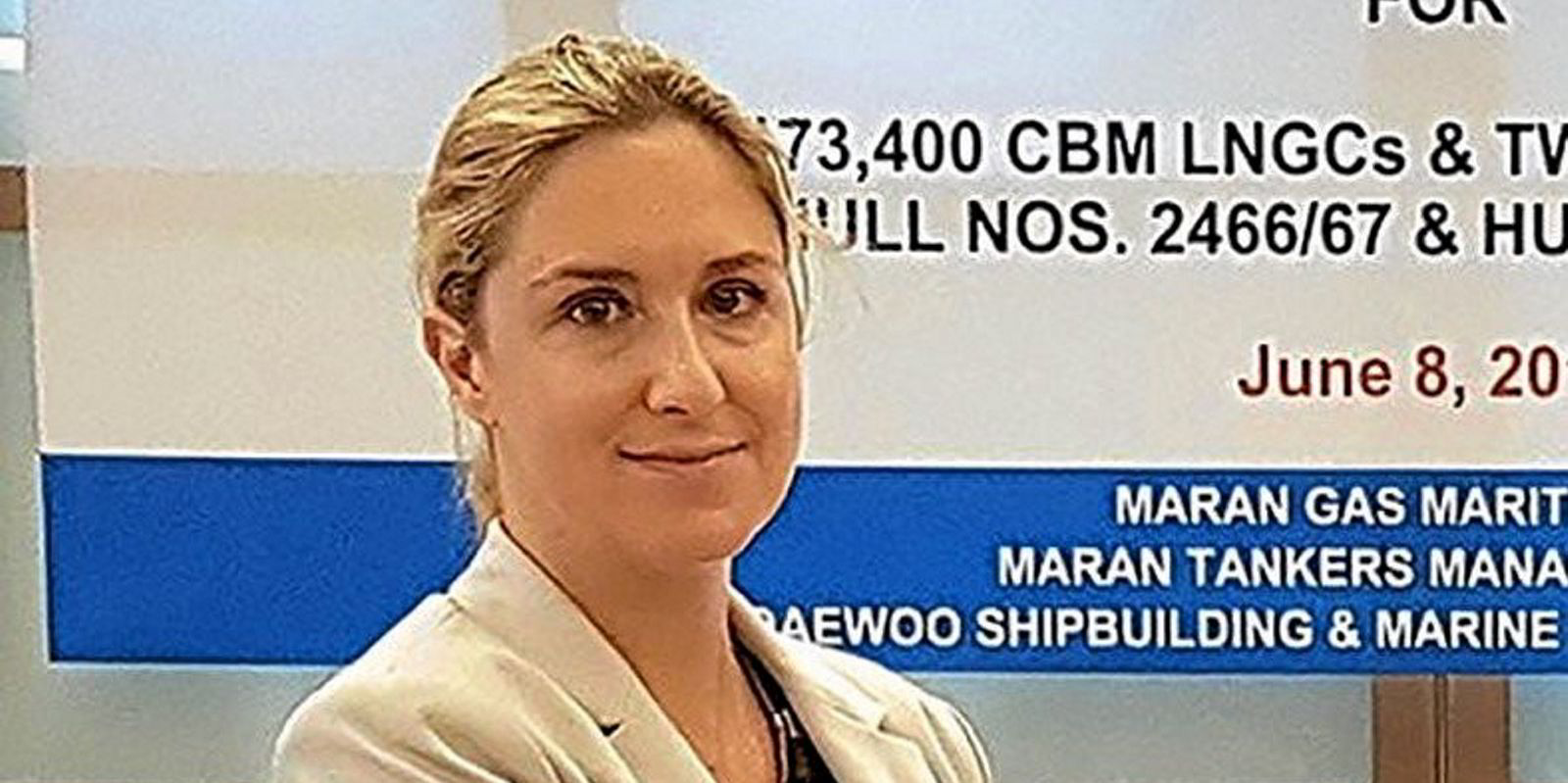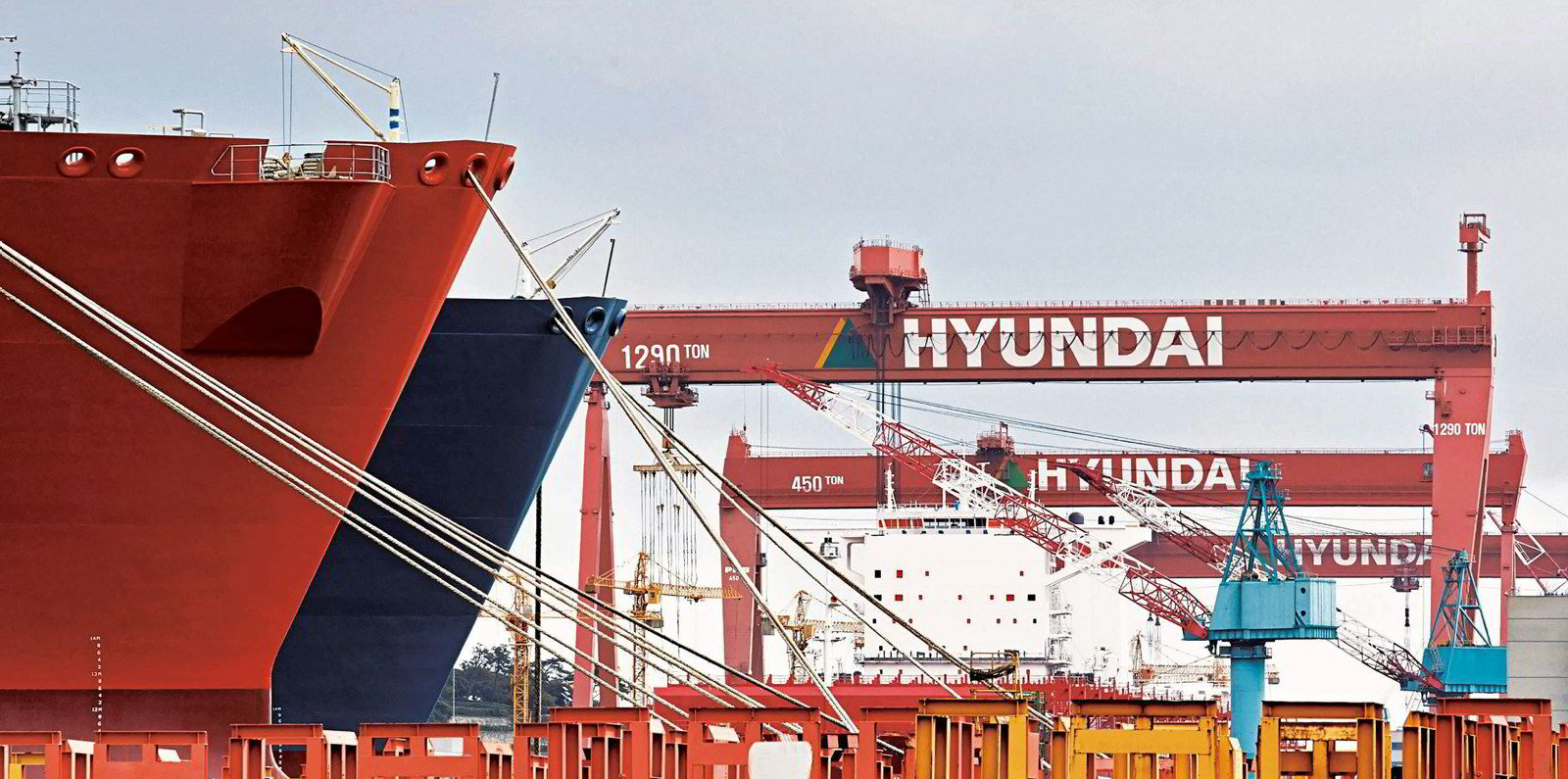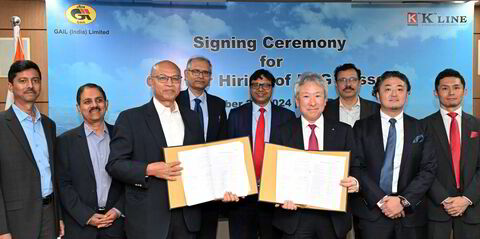South Korean shipbuilder Samsung Heavy Industries has taken the market by surprise with plans for a KRW 1trn ($888m) fundraiser.
The rights offering comes despite SHI reportedly holding KRW 1.2trn in cash as of the first quarter. Plus, management expects further cash inflows of KRW 600bn related to advanced payments for orders secured in the fourth quarter.
SHI’s management has said the rights offering would improve the shipbuilder’s balance sheet with its debt-to-equity ratio to fall from 321% to 198%.
Jaehyung Choi, Nomura’s South Korea shipbuilding analyst, said the move would also improve SHI’s credit rating, which would make it easier to secure bank financing.
The funds would also go towards investing in new growth engines including eco-friendly technology, smart yards, and environmental, social and governance-based operations.
Choi said SHI’s management expects to announce details of the rights offering after a shareholders meeting in June 2021.
The Japanese bank’s analyst estimates that there will be an 18% dilution impact, assuming KRW 1trn of capital is raised based on SHI’s current share price.
Earlier this week, SHI reported a first-quarter operating loss of KRW 507bn against a consensus estimate of a KRW 43bn profit.
The shipbuilder was hurt by more than KRW 500bn in provisions including on orders secured in the first quarter — a larger-than-expected steel plate price hike.
According to UK shipbroker Affinity (Shipping), South Korean shipbuilders’ recent steel price negotiations have settled at around KRW 1m per tonne.
“Although the price itself is obviously a problem for the yards, the bigger issue is the speed of price increases with Korean prices up by 60% since December and an even more alarming 25% in the last few weeks,” the outfit said in a recent market report.
Separately, SHI has raised its new order target for 2021 to $9.1bn from the previous forecast of $7.8bn on the back of the strong newbuilding demand.
The company said it has already achieved 65% of its 2021 new order target but has lowered its target for offshore-related orders from $3.2bn to $2bn.





